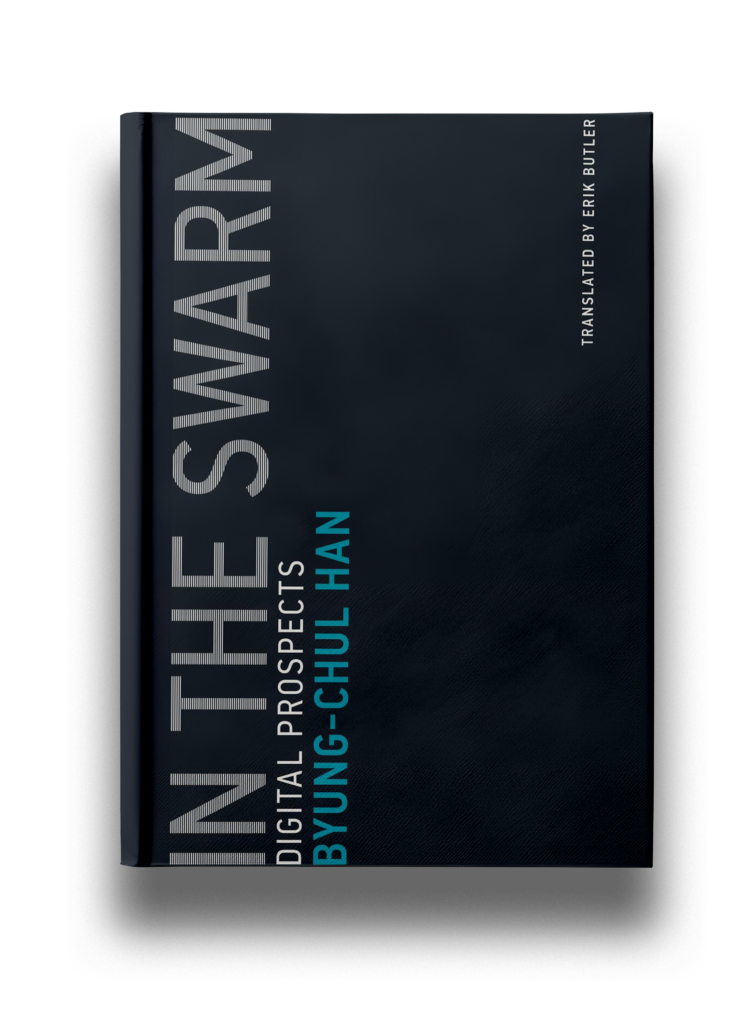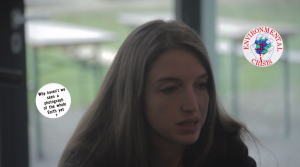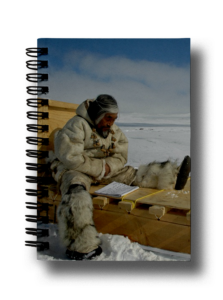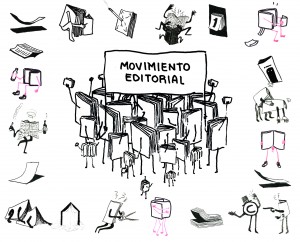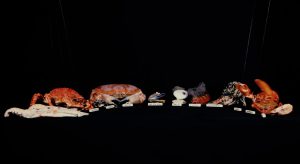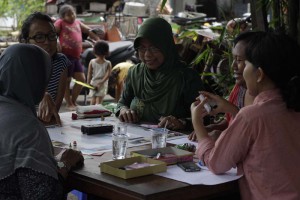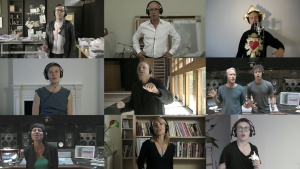Year
2017
Publisher
The MIT Press
Author
Byung-Chul Han
Annotation
Byung-Chul Han puts Twitter revolutions and Facebook activism into question by arguing that digital communication is fomenting the disintegration of public space and community-building practices, while slowly breaking up the possibility for real political action and significant political discourse. The hyperactive senders and receivers of this communication have become a digital swarm – not a mass, or a crowd, or a ‘multitude’, (Negri/Hardt) but a unit of isolated and fragmented individuals incapable of forming a ‘we’, incapable of calling dominant power relations into question, incapable of imagining radically new planetary alternatives because of an obsession with the present and the culture of the ephemeral.
Judith Wielander
"The digital swarm does not constitute a mass because no soul—no spirit—dwells within it. The soul gathers and unites. In contrast, the digital swarm comprises isolated individuals. The mass is structured along different lines: its features cannot be traced back to individuals. But now, individuals are melting into a new unit; its members no longer have a profile of their own. For a crowd to emerge, a chance gathering of human beings is not enough. It takes a soul, a common spirit, to fuse people into a crowd. The digital swarm lacks the soul or spirit of the masses. Individuals who come together as a swarm do not develop a we. No harmony prevails—which is what welds the crowd together into an active entity. Unlike the crowd, the swarm demonstrates no internal coherence. It does not speak with a voice. The shitstorm lacks a voice, too. Accordingly, it is perceived as noise."
"Under the dictate of transparency, dissonant opinions or unusual ideas are not voiced in the first place. Hardly anything is ventured. The imperative of transparency produces a strong compulsion to conform. Like constant video surveillance, it gives rise to the feeling of being watched. Therein lies its panoptic effect. Ultimately, it comes to a Gleichschaltung of communication, the repetition of the same: Constant media observation has made it impossible for us [politicians] ever to discuss provocative or unpopular topics and positions openly in a confidential setting. You always have to count on somebody passing it on to the press."
